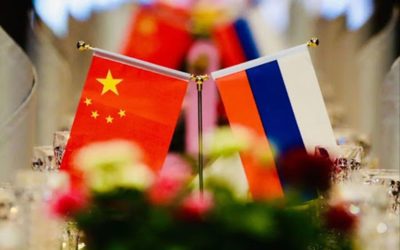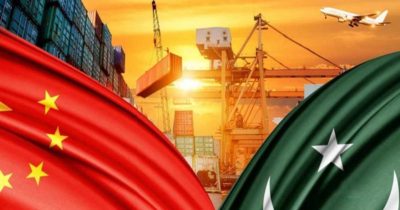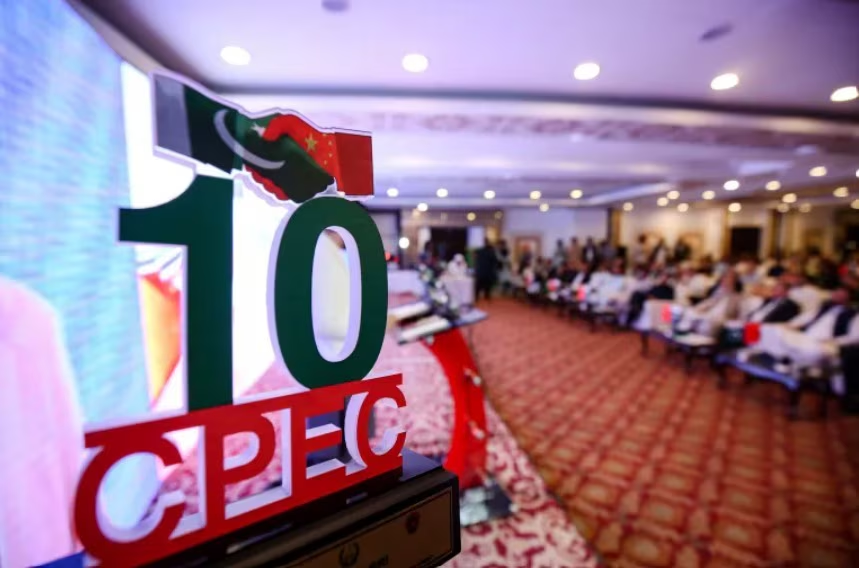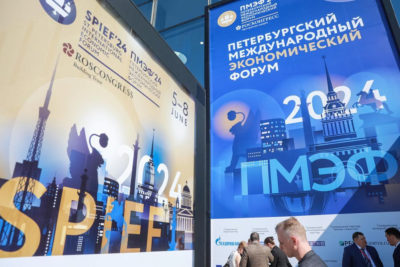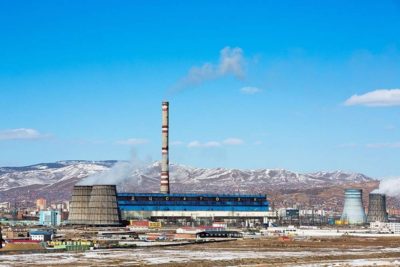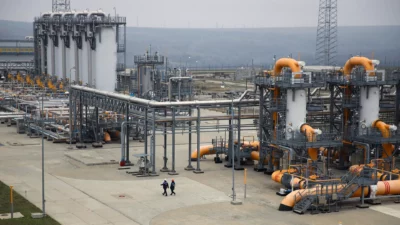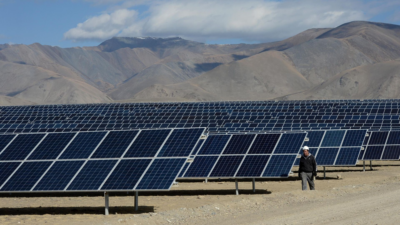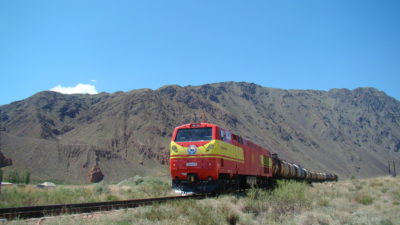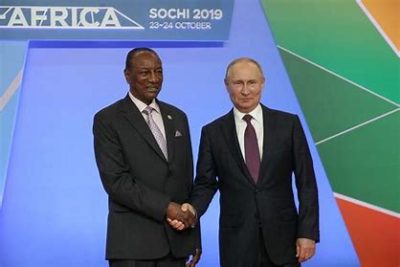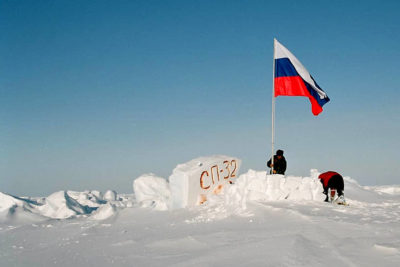De-dollarisation in Asia: towards a healthier economic environment and trade exchanges
The transition to the use of national currencies in trade and economic cooperation and the rejection of the dollar’s dominance in international trade are becoming more common in the vast expanses of modern Asia. What contributed to this process, and why is de-dollarisation attractive for national economies?
China-Russia partnership will continue to deepen regardless of external factors
According to Chinese experts, relations between the People’s Republic of China and the Russian Federation will not only maintain the stability that characterizes them, but more than that – will also continue the expected growth. This fact is not only of crucial importance for bilateral relations between Moscow and Beijing, but at the same time plays a major role at the global level – within the framework of mutual complementarity and the strengthening of the multipolar world order.
CPEC Phase 2: Bridging Nations and Economies from Asia to Africa
The first phase of the China-Pakistan Economic Corridor (CPEC) – the flagship project of the Belt and Road Initiative (BRI), has been completed and the project has entered into its second phase. This phase provides great opportunities for Pakistan, China, Africa, the Gulf States, and the Central Asian countries to increase their mutual trade and connect with the rest of the world in a much more secure and efficient way, decreasing their trade cost and increasing security.
On the Death of the Petrodollar System
The Saudi decision not to renew the 50-year-old petrodollar system is both a symptom of the gradual erosion of the US-led and US-centred global financial order and indicates the imminent arrival of alternative systems of financial transactions in currencies other than the USD. This is, at one and the same time, both a collapse of the existing world order and the establishment of a new, alternative, multipolar world order.
CPEC Phase 2 and Pakistani Premier’s Visit to China
The China-Pakistan Economic Corridor (CPEC) is the flagship project of China’s Belt and Road Initiative. The project provides multiple benefits not just to China and Pakistan but to the whole region. However, the project faces multiple hindrances due to the opposition of different regional and extra-regional state and non-state actors. Different terrorist organizations have targeted Chinese engineers working on the CPEC multiple times, allegedly, at the behest of rival states…
SPIEF-2024: Assessment and Outlook
The Saint Petersburg International Economic Forum proved once again not only its importance as one of the major events on a global scale, but also reinforced the realities of the contemporary world which concern both Russia and all friendly countries of the Russian state, together representing the world majority and the multipolar world order…
Thermal power in Mongolia - a past that has found demand in the present
Today, in the era of active development of green energy, which has swept not only developed but also developing countries, traditional energy sources such as brown coal remain important in Mongolia – even though renewable energy sources are being developed in parallel in the country. The authorities of the country, where all major energy facilities were built by foreign (in this case Soviet) specialists many decades ago, have in recent years begun to turn their attention back to thermal power generation, abandoning utopian notions of renewable energy as a universal “panacea” capable of ridding the country of the threat of energy shortages without harming the environment.
Turkmen gas is being transported through Turkey
The struggle for strategic natural resources in post-Soviet Central Asia is reformatting international relations in the region and triggering confrontation between the key players. Turkey is gaining new opportunities on the global stage with the launch of energy transit routes that bypass Russia. Geo-economic and geopolitical significance of natural gas transit routes…
Renewables in Kyrgyzstan: the green future of Central Asia
The years 2023-2024 can confidently be called a “boom” period for the development of solar and wind energy in Kyrgyzstan. One of the word’s leading countries in terms of the share of renewable energy in its energy mix, Kyrgyzstan has recently become a haven for investments in green energy from a wide variety of nations. This all ties in with the ambition of Kyrgyzstan’s government to make the Central Asian republic self-sufficient in terms of energy and then transform into an exporter of electricity.
Kyrgyzstan's railways - struggling to create a unified network
Kyrgyzstan’s railways currently consist of six sections connected to each other only through the territories of the neighbouring republics of Kazakhstan and Uzbekistan. In particular, we are talking about the longest northern section – about 300 kilometres from the border with Kazakhstan to Lake Issyk-Kul, as well as five short (a few dozen kilometres) sections, which are dead-end branches to major cities from the railway that runs in an arc through the Uzbek part of the Fergana Valley…
Russia, friend and reliable partner of the Republic of Guinea
The Russian and Guinean peoples are linked by a centuries-old friendship of loyalty and mutual assistance. This friendship protects Guinea from the diktat of Western domination, particularly that of France. A true win-win partnership, which should be part of a Sui generis approach…
Russia in the Arctic amidst the Conflict in Ukraine
The Arctic geopolitical phantasmagoria is incomplete without Russia, whose posture grows increasingly vigorous and risk-tolerant, with a desire for its emergence as a dominant geopolitical power in the region. Russia’s Arctic calculus stems from its intrinsic desire to utilize the region as a strategic resource base. It also aims to develop the Northern Sea Route (NSR) as an alternative shipping artery to facilitate maritime shipping between Europe and Asia…

